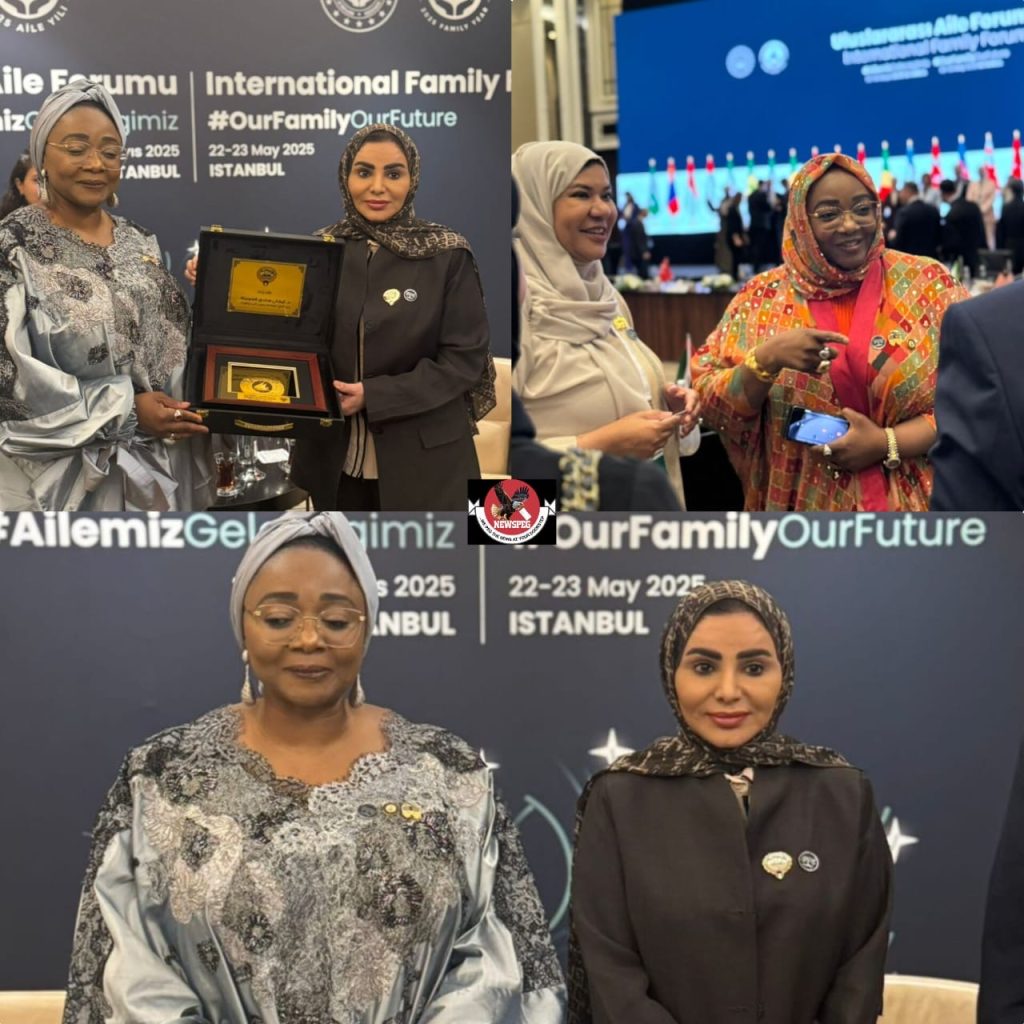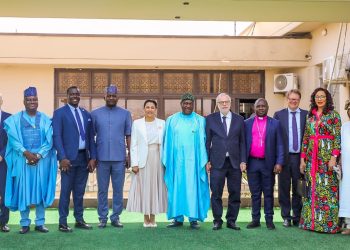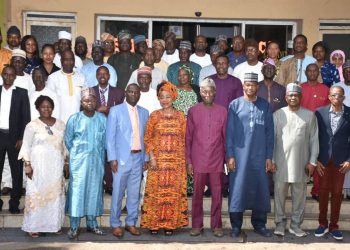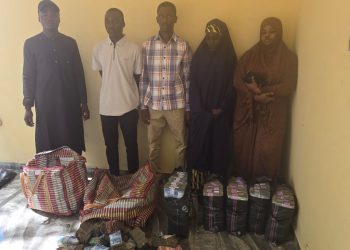By Nkechi Eze
The Minister of Women Affairs, Hajiya Imaan Sulaiman-Ibrahim, has declared that the administration of President Bola Ahmed Tinubu has placed families at the forefront of national development by integrating family-focused approaches into public policy and reforming the care economy to protect vulnerable populations.
She made this assertion during her address at the ministerial session of the ongoing International Family Forum (IFF) in Türkiye, which drew participation from 26 countries.
In a statement made available in Abuja on Thursday by her Special Adviser on Media and Publicity, Mr. Jonathan Eze, the minister noted that Nigeria’s efforts under the Renewed Hope Agenda are aimed at transforming the family unit into a strategic platform for inclusive and sustainable development.
“Nigeria has placed families at the forefront of her national development through the Renewed Hope Agenda of the current administration, which is unprecedented,” Sulaiman-Ibrahim stated.
Speaking on the 2025 United Nations International Day of Families, themed “Family-Oriented Policies for Sustainable Development: Towards the Second World Summit for Social Development”, the minister said the theme reflects a growing global recognition of the family unit as a critical driver for sustainable progress.
While highlighting the rapidly shifting challenges facing families including digital disruption, urbanisation, economic pressure, humanitarian crises, and evolving societal values, Sulaiman-Ibrahim said these realities compelled Nigeria to embrace transformative, protective, and inclusive policies to strengthen family resilience.

She outlined several national initiatives introduced by Nigeria to strengthen the family structure to include; National Framework for Family Cohesion, developed to address global family challenges and provide a model for integrated, family-centered policymaking, National Family Strengthening and Development Programme (NFSP), a grassroots initiative targeting the root causes of poverty, domestic violence, and social disintegration, a committee for family cohesion, established to coordinate the implementation of family-focused interventions nationwide and the Nigeria for Women Programme, aimed at protecting women and enhancing their roles within families and communities.
In a highlight that drew commendation from delegates, the minister announced the launch of National Guidelines for Alternative Care for Children, a policy document designed to ensure appropriate and nurturing care for vulnerable children across Nigeria. These guidelines complement the National Plan of Action on Ending Violence Against Children, recently launched by the federal government.
“Globalization should not erode family values but serve as a bridge to promote inclusive, adaptable, and sustainable models that reinforce cultural dignity,” she said.
Sulaiman-Ibrahim also expressed Nigeria’s readiness to collaborate with other nations on creating an international framework for promoting family resilience and called for increased investment in family-centered social protection by global institutions.
“Nigeria proudly supports the adoption of a Joint Declaration on safeguarding and strengthening families, and we endorse presenting this shared vision to multilateral platforms, including the United Nations, in a unified global call for family-centered governance,” she added.
The minister concluded by urging the global community to integrate family well-being into the broader sustainable development agenda, emphasizing that such efforts would significantly advance collective goals for peace, stability, and prosperity.















